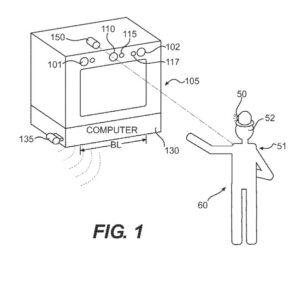by Dennis Crouch
The Supreme Court is being asked to decide whether the PTAB can invalidate expired patents through inter partes review, in a case that could limit the reach of the landmark Oil States decision that found IPRs constitutionally permissive. In Apple Inc. v. Gesture Technology Partners, the Federal Circuit ruled that PTAB retains jurisdiction over expired patents, but the patentee argues in its petition that once patents expire, they become purely private property rights that require traditional court adjudication rather than administrative review. Certiorari petition - Gesture v. Apple.
In Oil States Energy Services, LLC v. Greene’s Energy Group, LLC, 584 U.S. 325 (2018), the Supreme Court upheld the constitutionality of inter partes review (IPR) proceedings under Article III and the Seventh Amendment. Older property rights cases had barred administrative action to eliminate private property rights. But Oil States distinguished those cases -- holding that the patent is “the grant of a public franchise” – a government-conferred right to exclude others for a limited time. Because a patent “did not exist at common law” but is a creature of statute, Congress may condition or qualify that grant, including by providing for administrative reconsideration of the patent’s validity.
Under this framework, Oil States placed patent validity determinations within the Court’s public-rights doctrine, which permits adjudication in non-Article III forums for matters “closely integrated into a public regulatory scheme” involving the government. The Court explained that IPR “does not make any binding determination regarding ‘the liability of [one individual] to [another] under the law’” – instead, it remains a matter between the patent owner and the government (acting to correct its own grant). Because of this public-rights framing, the Court found no Article III violation in assigning patent reconsideration to the PTAB. Likewise, the Seventh Amendment jury right was not triggered: the IPR was not a “Suit at common law” between private parties, but an administrative proceeding reviewing a public franchise grant. Oil States ultimately likened IPR to a specialized extension of the patent examination process.
Notably, Oil States emphasized the narrowness of its holding. The Court explicitly reserved judgment on “whether other patent matters, such as infringement actions, can be heard in a non-Article III forum.” But, Oil States does not discuss the extent its reasoning would apply once a patent’s term had ended.
To continue reading, become a Patently-O member. Already a member? Simply log in to access the full post.
